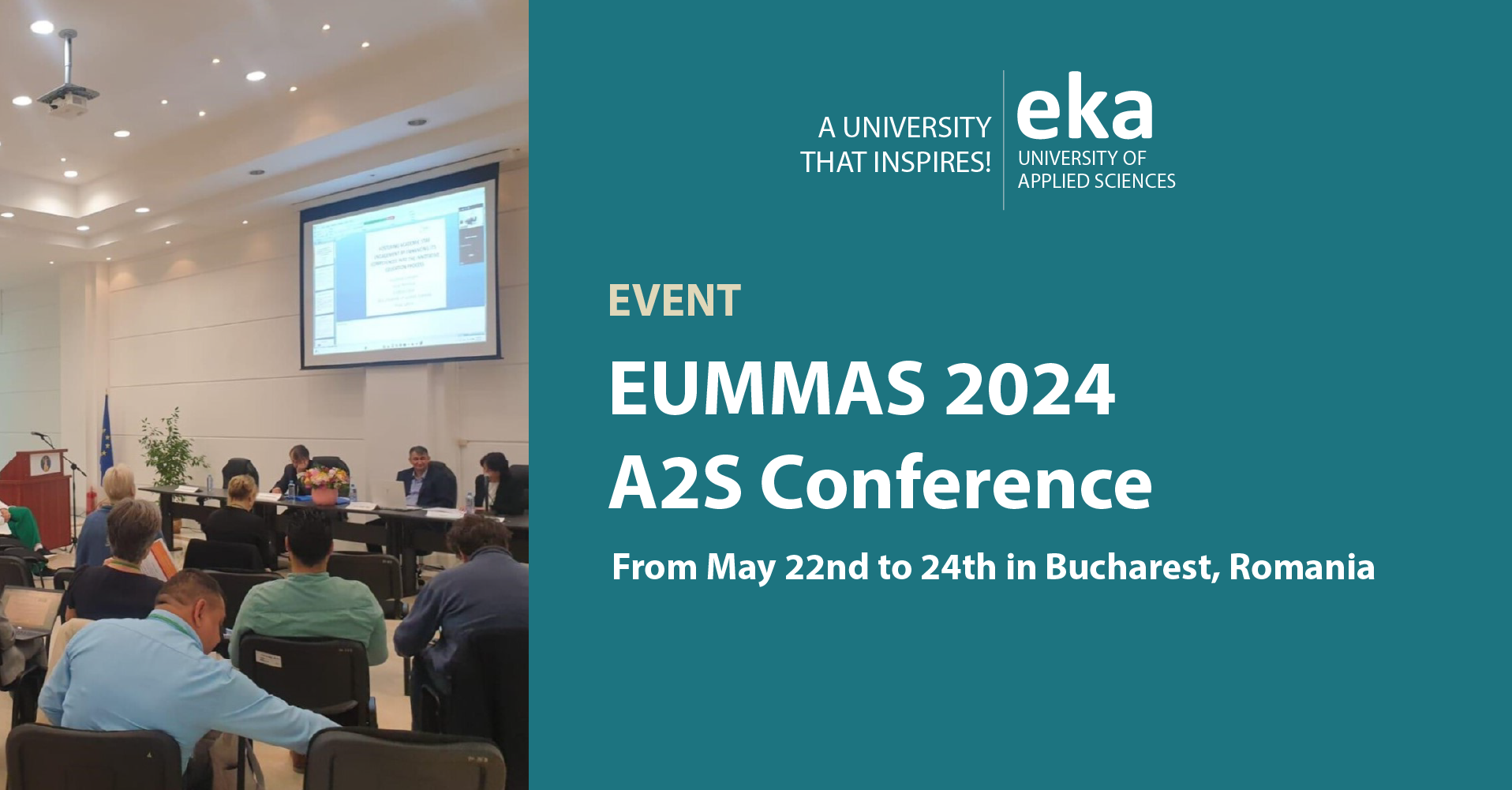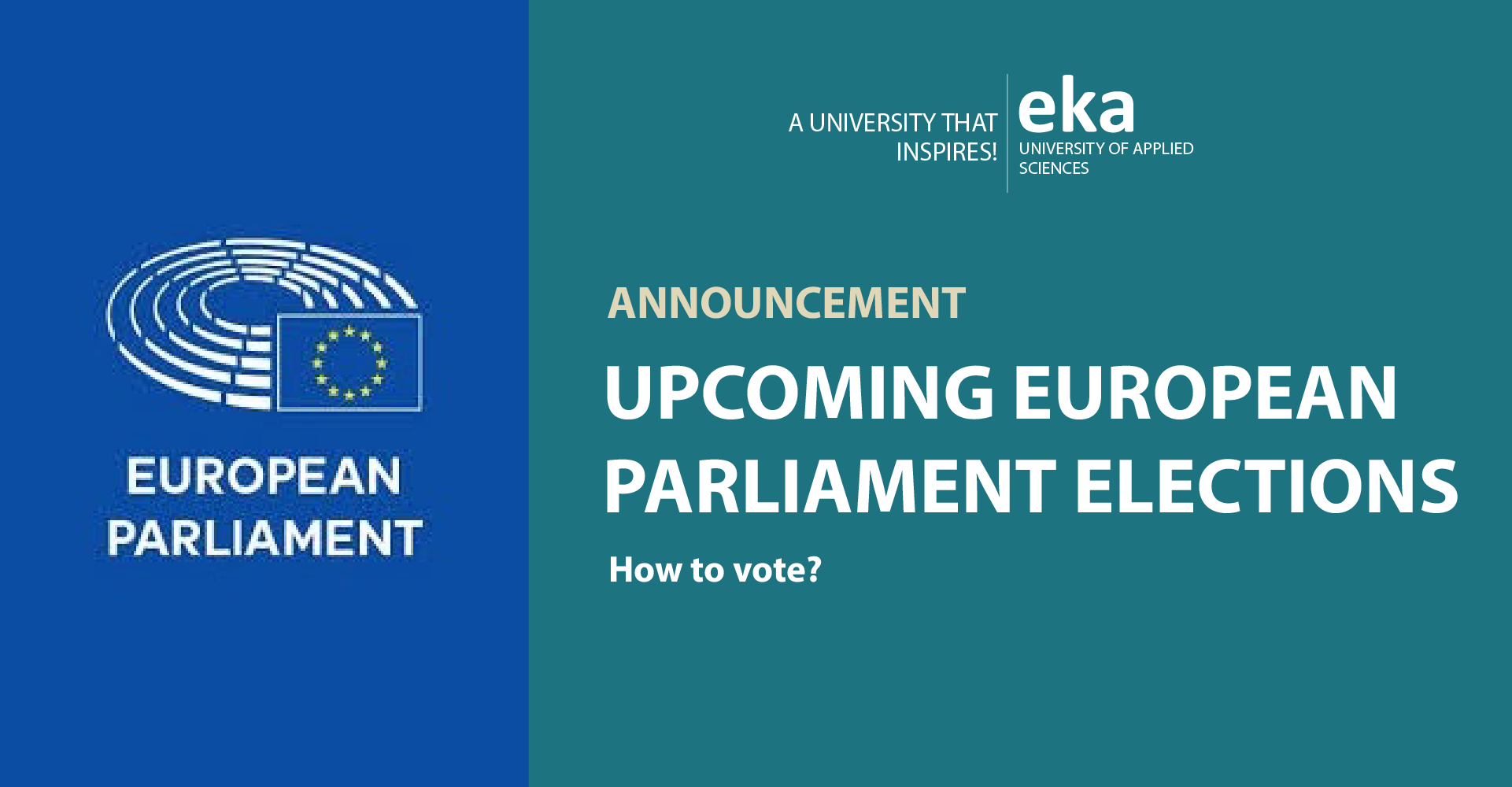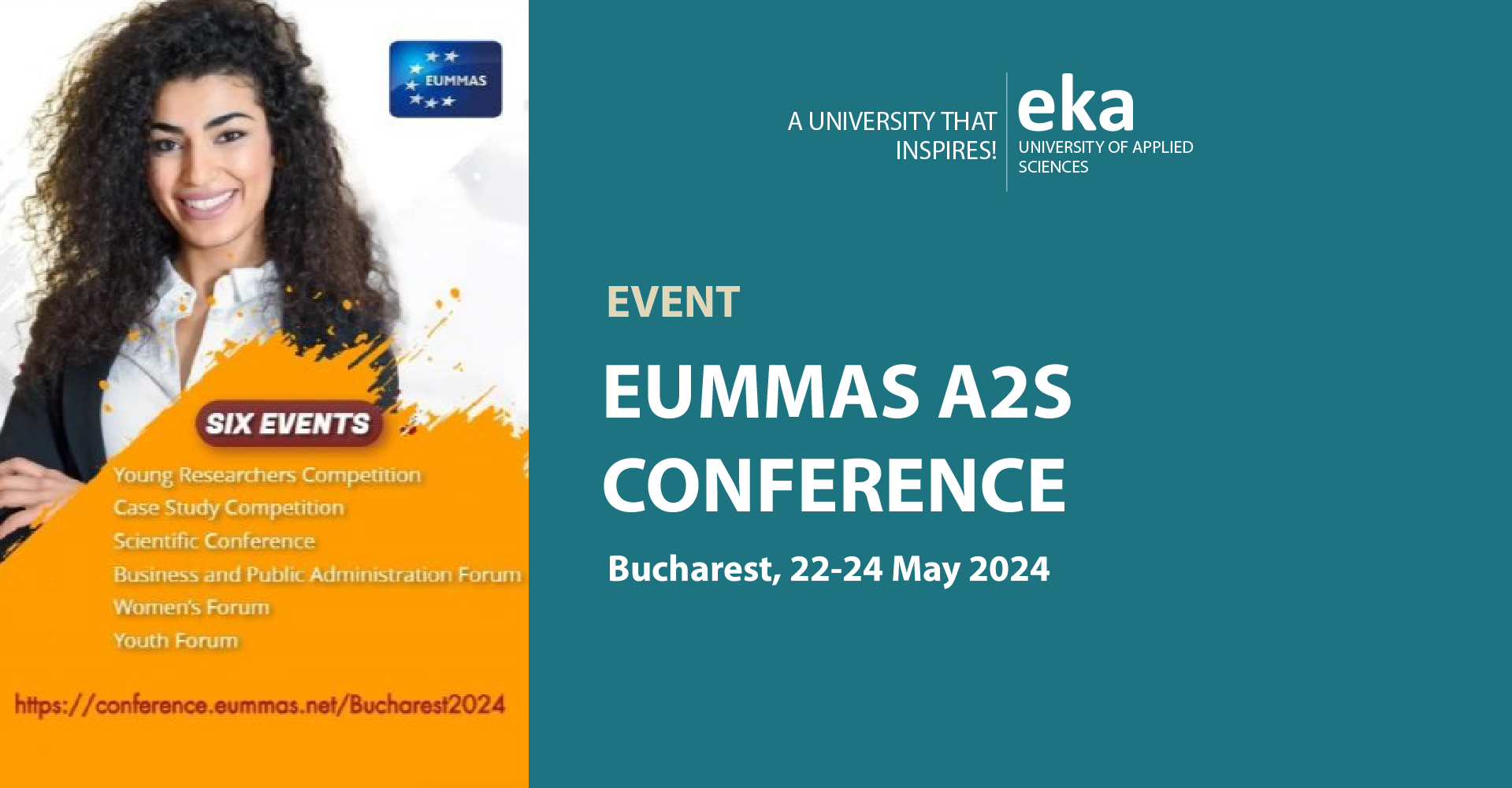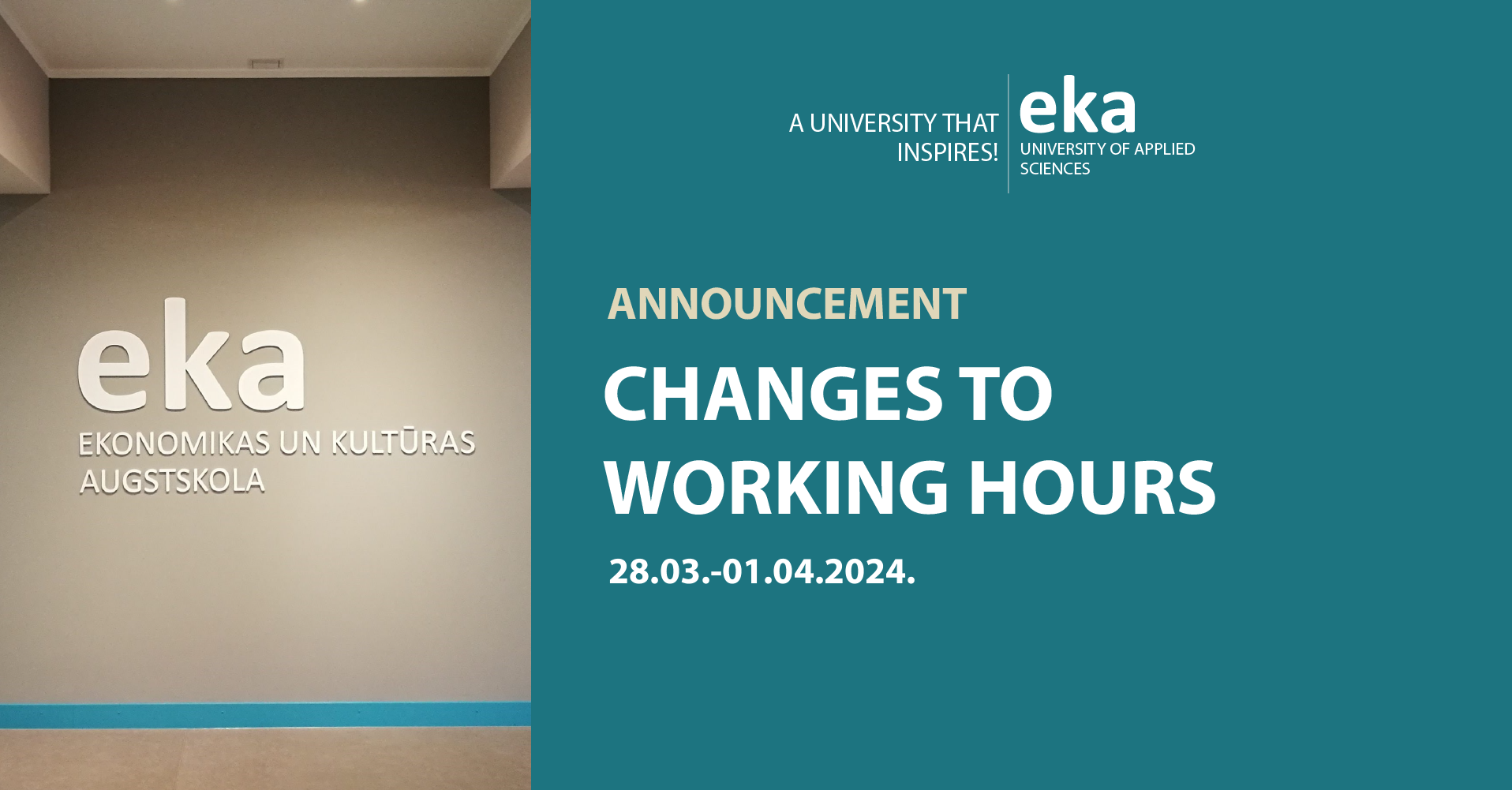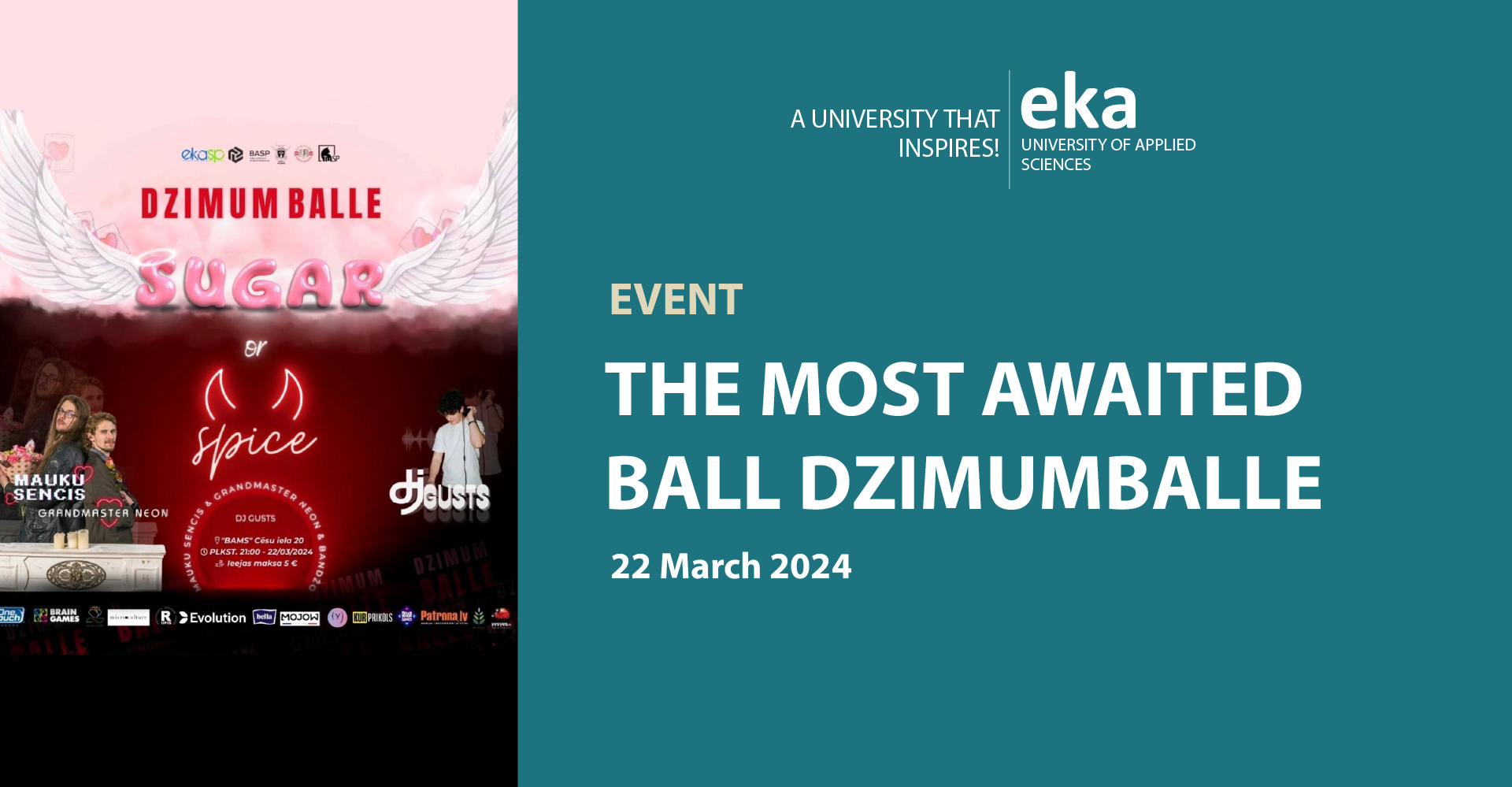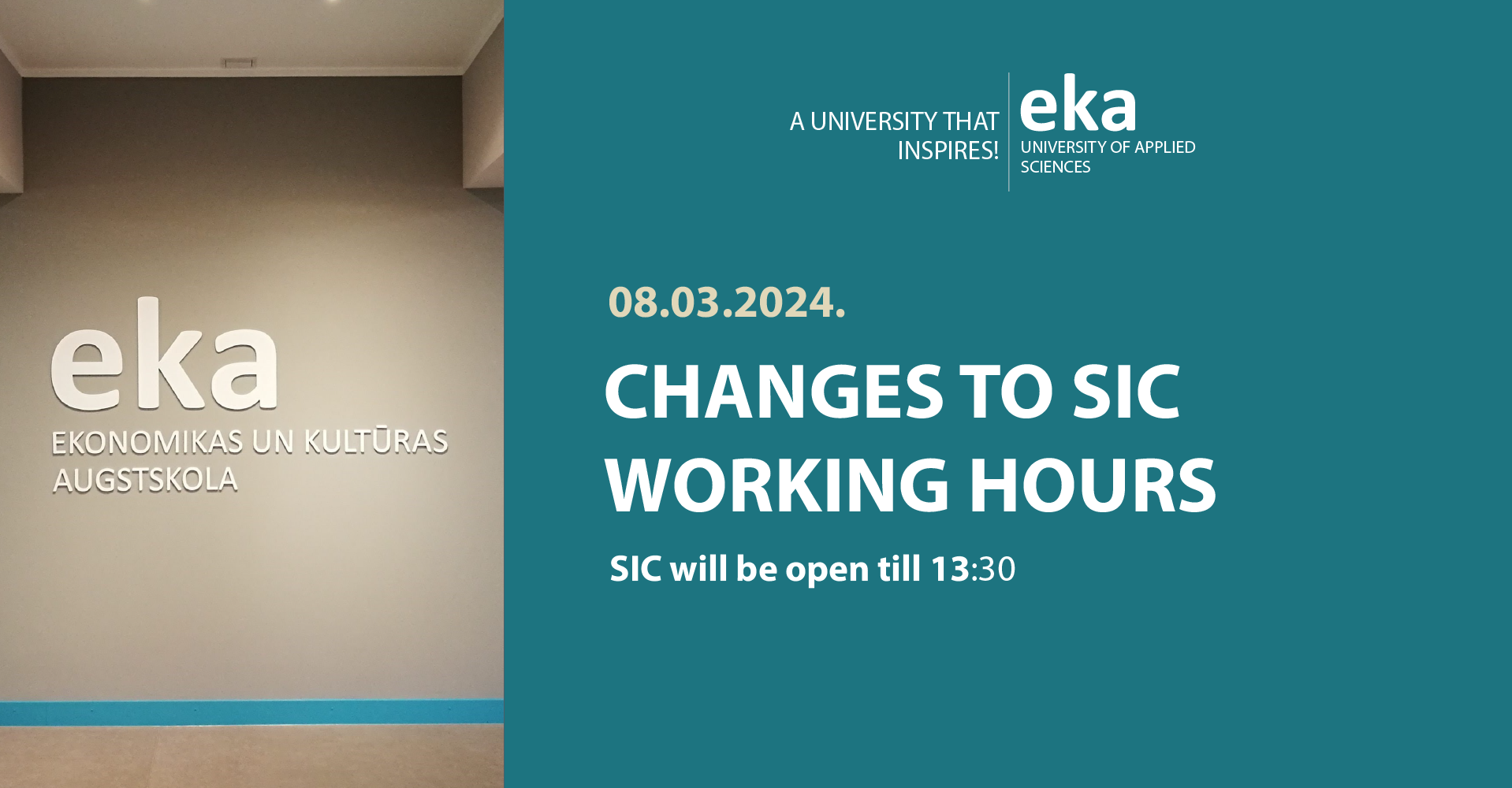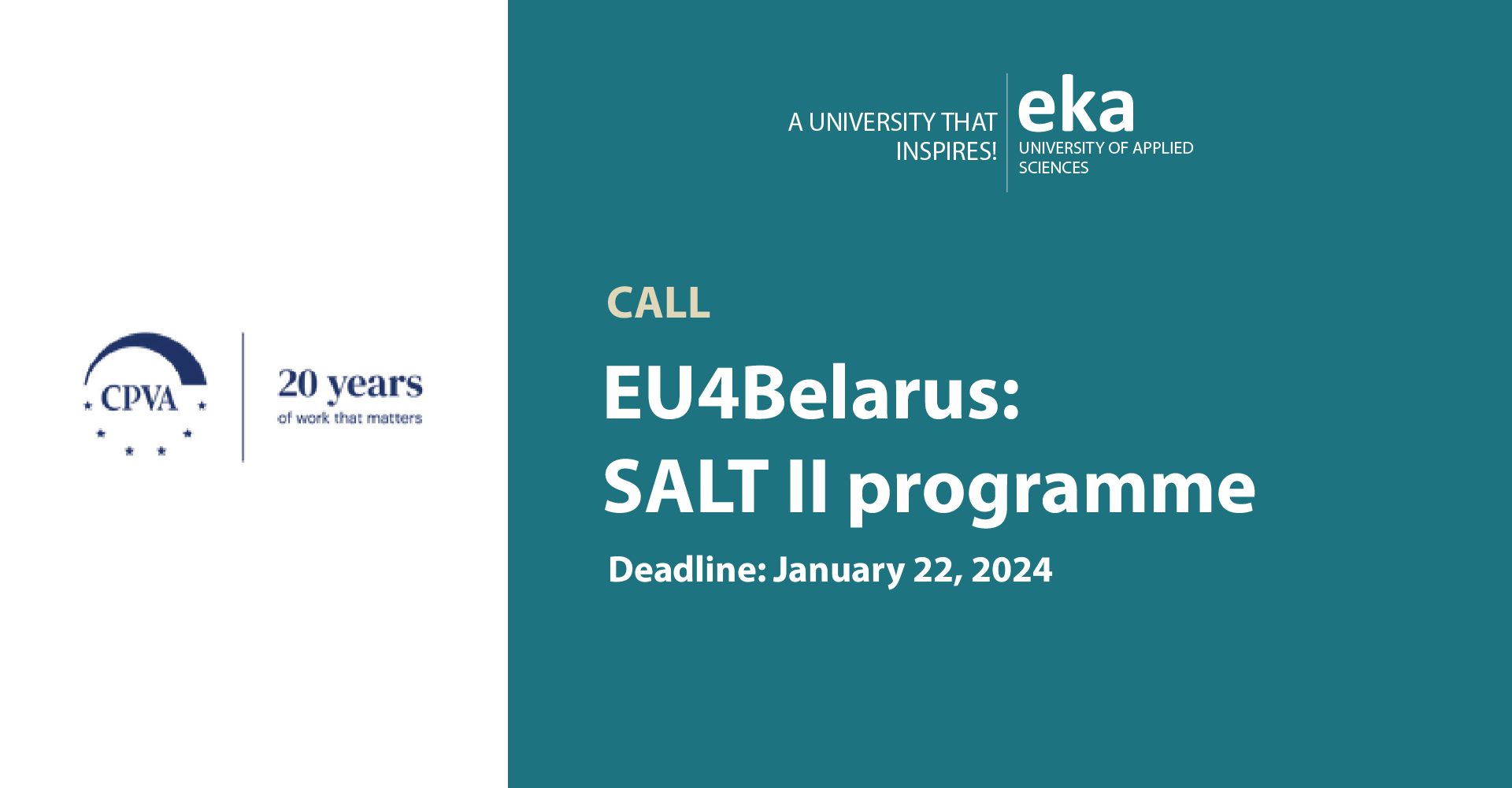
EKA University of Applied Sciences (Ekonomikas un kultūras augstskola) is a partner in Circular STEM project
EKA University of Applied Sciences (EKA) signed the agreement regarding the implementation of the International project “Boosting Circular Economy Competences for STEM Teachers” (Circular STEM).
Project coordinator: Agrupamento de Escolas de Frazão, Paços de Ferreira (Portugal)
Project partners:
- European Digital Learning Network (Italy),
- Institut za moderno obrazovanje (Serbia),
- POLITEKNIKA IKASTEGIA TXORIERRI S.COOP (Spain),
- EKA University of Applied Sciences - EKA (Latvia),
- EIT RawMaterials GmbH (Germany).
Project Lump Sum: 250000 EUR (EKA budget: 37375 EUR)
Project planned period: December 31, 2022 – December 30, 2024 (24 months).
Circular STEM aims to integrate the circular economy into schools by providing STEM subject teachers with the necessary skills to be able to adapt school curricula to include this topic.
The project will develop an interdisciplinary methodology that creates clear links between circular economy concepts and school subjects.
The methodology developed will focus on students aged between 13 and 18, who will be empowered in the use of digital and entrepreneurial competences transversally, and it will have a special focus on raising girls’ interest in science subjects, due to the existing gender gap in the field.
Expected outcomes:
- Training methodology to develop lesson plans on STEM subjects introducing circular economy, digital and entrepreneurial competences. The methodology will be based on a learner-centred approach to stimulate them to actively participate in the classroom activities, also making use of digital tools.
- Training Contents developed based on real-world challenges, consolidated through the piloting activities organised by the partner schools
- CIRCULAR STEM Academy, a E-learning platform hosting all project results
- A toolbox made of additional online and offline resources to support the methodology and the training contents
Circular STEM is financed and supported by the European Commission, Erasmus + Programme, KA220-SCH - Cooperation partnerships in school education (Project grant agreement No. 2022-1-PT01-KA220-SCH-000086954)



